Highland councillors have backed calls to force motorhome owners to stump up extra cash for visiting the north.
A tourist tax will come into force in future after being approved by MSPs at Holyrood earlier this year.
But motorhome drivers will not be hit by that levy – unless they park at designated camping sites.
Lochaber councillor Kate Willis said that decision will push more tourists towards wild camping or parking in lay-bys.
She lodged a motion asking for the council to write to the Scottish Government to rethink the move.
And that motion has now been carried by Highland Council.
200,000 motorhomes a year
The issue was debated during a full meeting of the council last week.
Councillor Willis’s motion also included a section saying the local authority should be the ones who decide how the tax revenue is spent.
She said: “An estimated 200,000 motorhomes visit the Highlands every year.
“Many do not stay overnight in campsites. This is partly because we do not have the facilities to deal with this volume.
“Including motorhomes in a tourist levy, not just for those staying at a campsite, would generate considerable revenue for Highland Council.
“This could then be used to provide adequate facilities and infrastructure, to improve the visitor experience and the lives of Highland residents.”
‘We need to be careful we don’t kill the goose that lays golden eggs’
While there was plenty of agreement with the general purpose of the plan, not everybody was on board with whether it would work.
Inverness councillor Duncan Macpherson also said there was a risk of turning people off from visiting the Highlands.
He added: “We need to be very careful that we don’t kill the goose that lays golden eggs every year in our communities.”
Sutherland councillor Richard Gale also raised concerns about how the money would be collected.
He said: “This whole motion is flawed. We have a number of local residents who own campervans.
“How do you define if you’re a tourist? If you live in Inverness and drive to Fort William, do you have to pay?
“Collecting this revenue would be so difficult to do.”
Next step will be in writing
Council convener Bill Lobban backed the motion and said he’d recently held discussions with a government minister who was supportive of the idea.
He added: “It won’t impose any requirement that we have to do it, but it will be up to council to decide.”
Council leader Raymond Bremner also gave it his support, saying this first step was simply about writing to Holyrood to raise the issue.
Highland Council’s latest budget included a “motorhome passport scheme”.
This would involve tourists voluntarily paying £40 for a bumper sticker to put on their vehicle.
The council hopes to raise £500,000 a year through the scheme, but that would require 12,500 people to sign up.
Critics of the plan have called the estimated figure “the height of optimism”.
With no amendment put forward, the motion passed and the council will now ask Holyrood for a rethink.
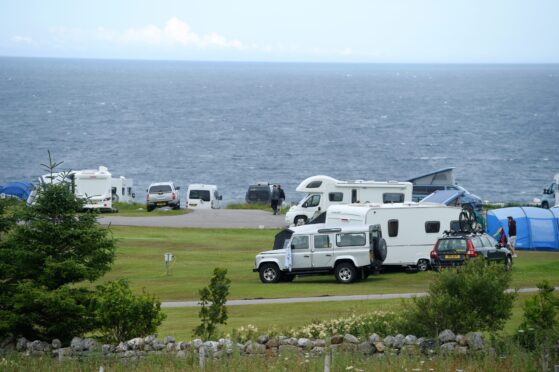
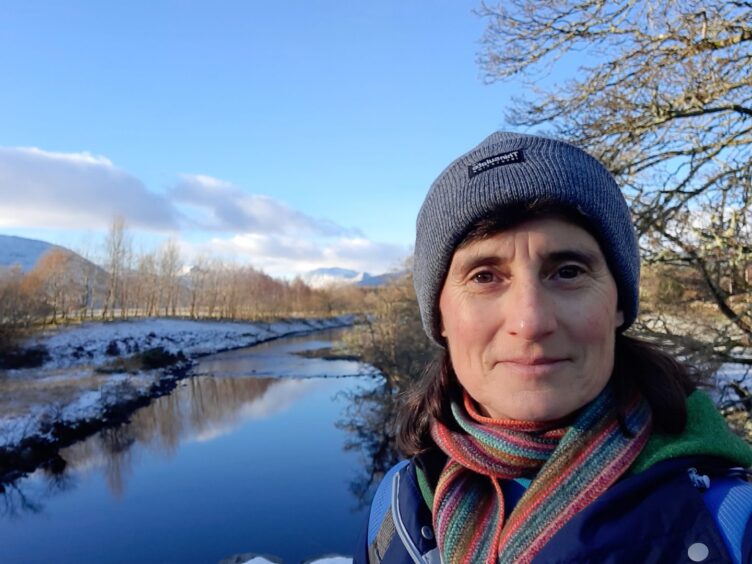
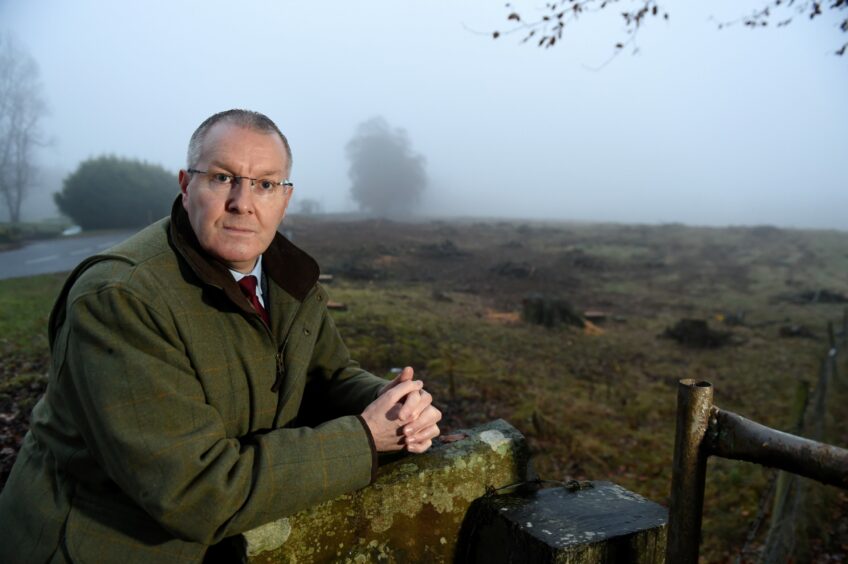
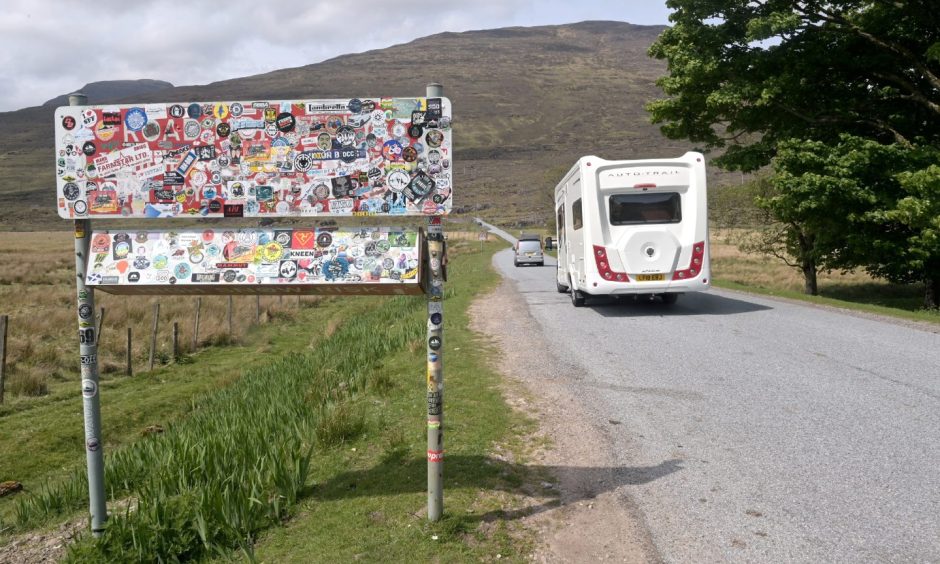

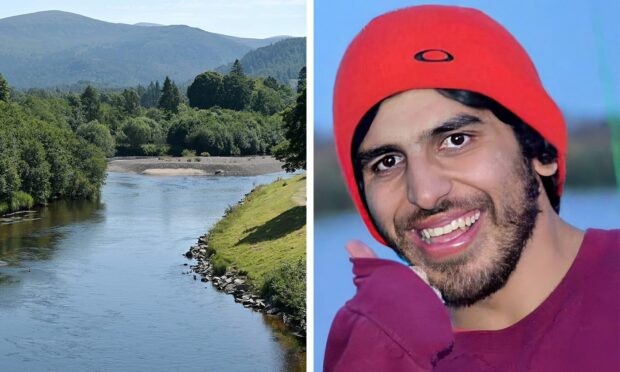
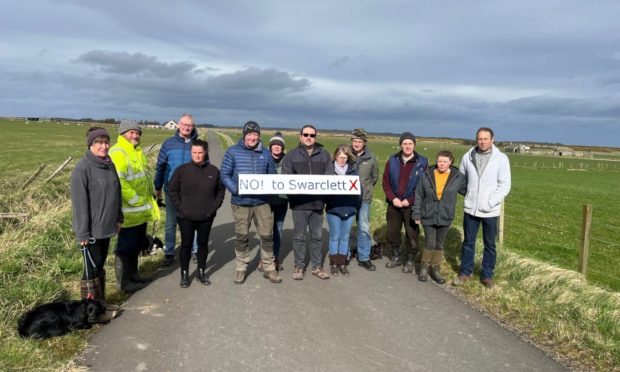
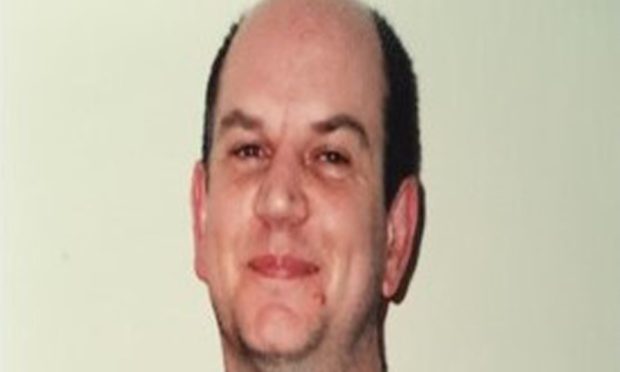

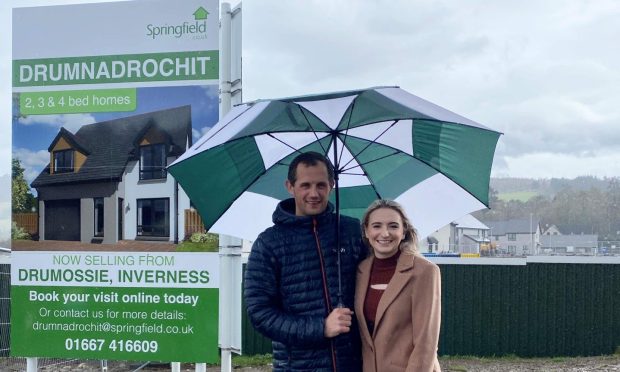
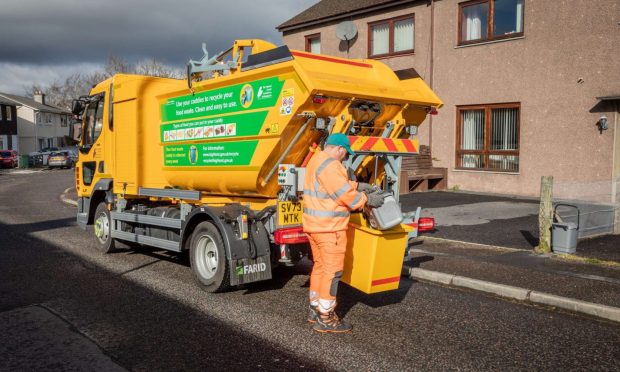
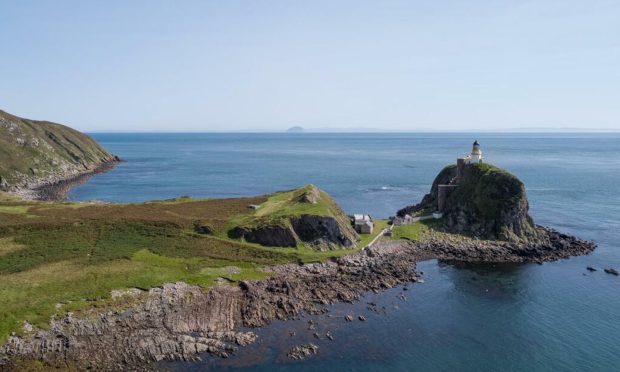
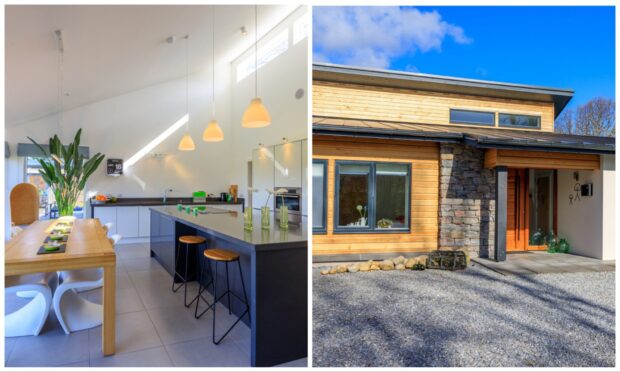
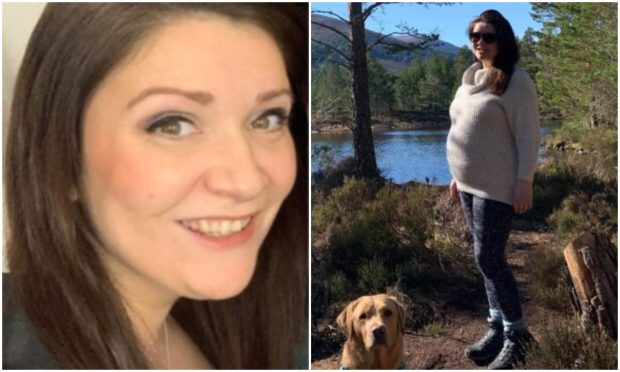
Conversation